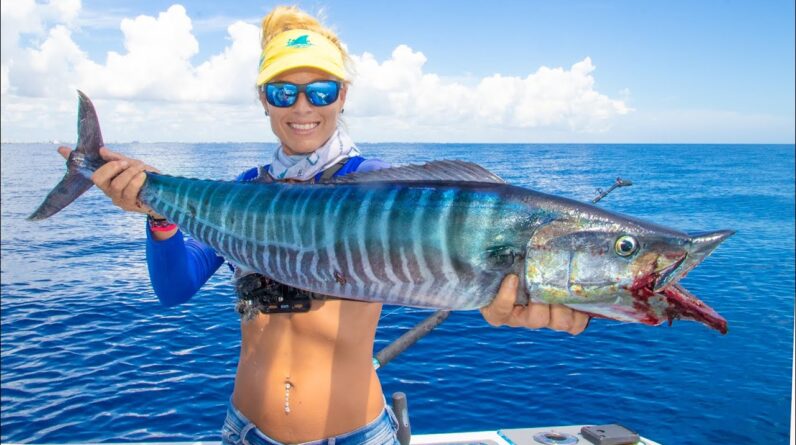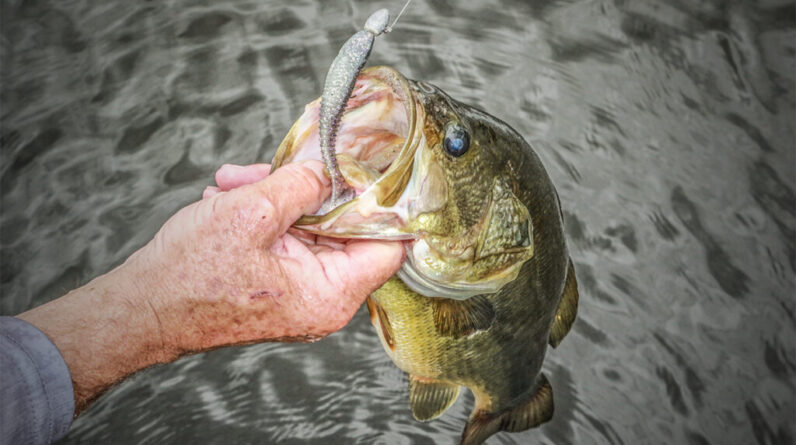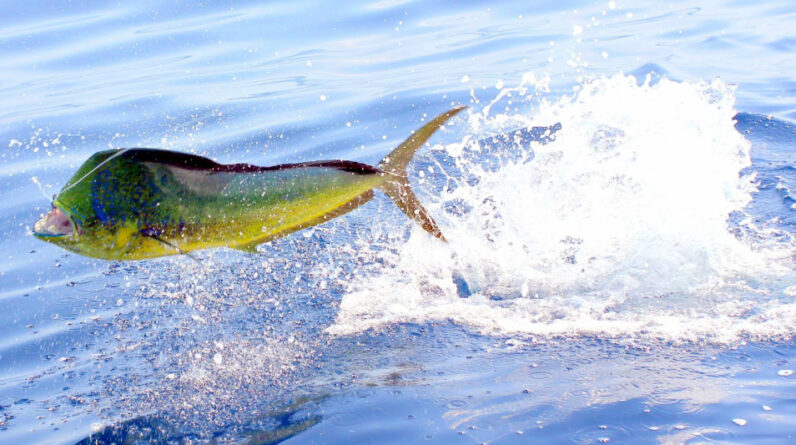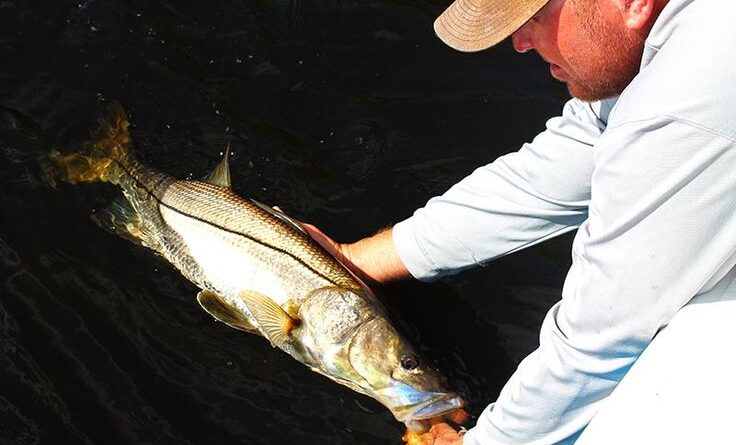Fishing is not just a hobby; it’s a way of life for many, offering a serene escape into nature and the thrill of the catch. But as the world becomes increasingly conscious of sustainability, it’s vital for anglers to do their part in preserving our precious aquatic ecosystems. In this article, we’ll explore the various ways you can make your fishing trip more sustainable. Whether you’re an experienced angler or just getting started, these tips and techniques will help you enjoy your favorite pastime while ensuring the environment remains healthy. For additional insights on Fishing Techniques and gear, visit cheerfulfisherman.com.
The Importance of Sustainable Fishing
Before we dive into the tips and techniques, it’s essential to understand why sustainable fishing is crucial. Unsustainable fishing practices can deplete fish populations, harm other aquatic species, and damage the habitats that support aquatic life. By adopting sustainable fishing practices, you can contribute to the preservation of aquatic ecosystems and ensure that future generations can enjoy the same fishing experiences.
1. Know Your Regulations
One of the most important steps to sustainable fishing is knowing and abiding by local fishing regulations. These regulations are put in place to protect fish populations and their habitats. They often include guidelines on catch limits, size restrictions, and specific fishing seasons. Ignoring these rules can have serious consequences for aquatic ecosystems.
2. Use Circle Hooks
When it comes to hook selection, consider using circle hooks. Circle hooks are designed to hook the fish in the corner of the mouth, reducing injury and mortality rates. They also make catch and release easier.
3. Practice Catch and Release
Catch and release is an effective way to conserve fish populations. If you’re not keeping fish for consumption, consider releasing them back into the water. Make sure you handle the fish gently and avoid removing them from the water for extended periods. When releasing, ensure the fish is in good condition to survive and swim away.
4. Choose Biodegradable Fishing Line
Traditional fishing lines can persist in the environment for hundreds of years, posing threats to wildlife and aquatic ecosystems. Opt for biodegradable fishing lines made from materials like monofilament. These lines break down more rapidly and reduce the risk of entangling or harming aquatic life.
5. Limit the Use of Live Bait
Using live bait can lead to unintended harm to fish and other aquatic species. If you choose to use live bait, do so responsibly, and avoid using native or endangered species. Always dispose of unused live bait properly.
6. Mind Your Trash
Carry a small trash bag with you on your fishing trips and pack out everything you bring in. Litter and discarded fishing gear can be hazardous to wildlife. By leaving no trace, you help protect the environment.
7. Practice Ethical Fish Handling
Minimize harm to fish during catch and release by using wet hands or a wet cloth when handling them. This prevents the removal of their protective slime layer, which is essential for their health. Avoid squeezing fish tightly, as this can harm their internal organs.
8. Choose Artificial Lures
Artificial lures are not only effective but also more environmentally friendly than live bait. They eliminate the need to harvest live bait, reducing the impact on aquatic ecosystems.
9. Respect Wildlife
While on your fishing trip, observe and respect the local wildlife. Keep a safe distance from nesting birds and other aquatic animals. Disrupting their habitats can have lasting negative effects.
10. Support Conservation Organizations
Consider joining or supporting fishing conservation organizations. These groups work tirelessly to protect fish and their habitats. Your involvement can make a significant difference.
11. Educate Yourself and Others
Continually educate yourself about sustainable fishing practices and share your knowledge with fellow anglers. The more people understand the importance of responsible fishing, the better chance we have of preserving our aquatic ecosystems.
Conclusion
Fishing is a beloved pastime that connects us with nature and provides a sense of tranquility and adventure. However, it’s essential to enjoy this activity responsibly and sustainably. By following the tips and techniques mentioned above, you can help preserve aquatic ecosystems, protect fish populations, and ensure that fishing remains an enjoyable experience for generations to come.
For more insights on Fishing Tips and Techniques and a wide range of fishing gear, visit cheerfulfisherman.com. Join the community of anglers committed to sustainable fishing and become a steward of our aquatic environments. Your efforts today will help create a brighter and more sustainable future for fishing.






